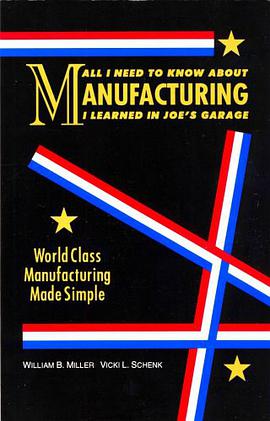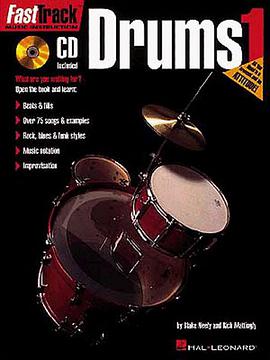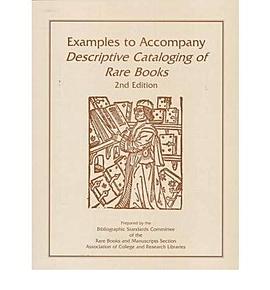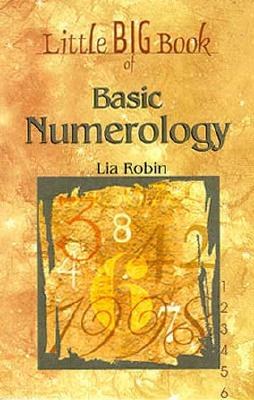

具体描述
Political corruption has traditionally been presented as a phenomenon characteristic of developing countries, authoritarian regimes, or societies in which the value system favored tacit patrimony and clientelism. Recently, however, the thesis of an inverse correlation between corruption and economic and political development (and therefore democratic "maturity") has been frequently and convincingly challenged.
In Corrupt Exchanges primary research on the Italian case (judicial proceedings, in-depth interviews, parliamentary documents, and press databases), combined with a cross-national comparison based on a secondary analysis of corruption in democratic systems, is used to develop a model to analyze corruption as a network of illegal exchanges. The authors explore in great detail the structure of that network, by examining both the characteristics of the actors who directly engage in the corruption and the resources they exchange. These processes of degeneration have caused a crisis in the dominant paradigm in both academic and political considerations of corruption.
作者简介
目录信息
读后感
评分
评分
评分
评分
用户评价
相关图书
本站所有内容均为互联网搜索引擎提供的公开搜索信息,本站不存储任何数据与内容,任何内容与数据均与本站无关,如有需要请联系相关搜索引擎包括但不限于百度,google,bing,sogou 等
© 2026 book.wenda123.org All Rights Reserved. 图书目录大全 版权所有




















